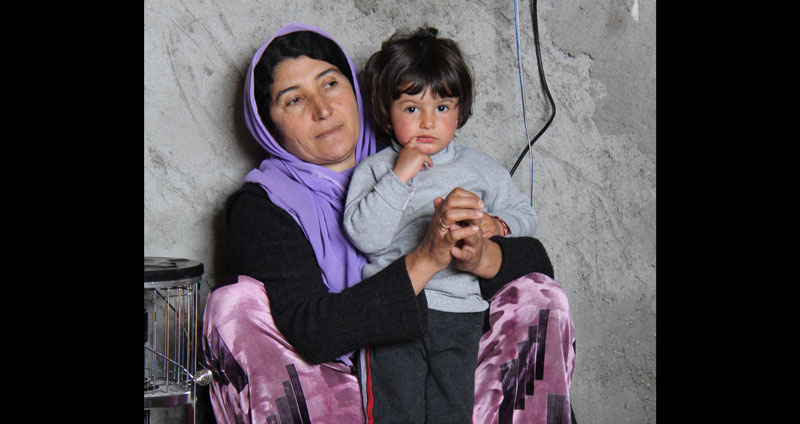
Foreign aid can be a touchy subject, even among devout Christians. The oft-heard argument about it is why the U.S. government would send money to other countries when there is an obvious need in our own back yard.
The reality is, however, that a very small portion of federal money is spent to help people in dire need overseas, and in many cases it means the difference between life and death, or the chance to climb out of poverty.
Michael Acquilano, director of the South Carolina Catholic Conference, saw this firsthand when he was invited to be part of a coalition that traveled to Washington, D.C., in mid- June to advocate for funding that helps alleviate poverty. He was selected to attend by the United States Conference of Catholic Bishops and Catholic Relief Services.
The group met with South Carolina federal legislators, including Sen. Lindsey Graham, who chairs the Senate Budget Committee responsible for allocating money toward foreign aid.
Acquilano said the U.S. government provides many kinds of crucial support and some of the ones that the USCCB and CRS support include:
- The United States Agency for International Development offers development assistance worldwide to help people lift themselves out of poverty.
- The State Department provides migration and refugee assistance, which has become more crucial as the number of refugees and displaced people worldwide has surged in recent years to more than 51 million, the largest number since World War II.
- The Department of Agriculture funds Food for Peace, which offers food assistance during emergencies and disasters and also funds non-emergency development programs aimed at eliminating food insecurity.
“As people of faith, we are motivated by our desire to promote human dignity and the common good,” Acquilano said. “Foreign assistance is only 1 percent of the federal budget, and the portion committed to alleviating poverty, disease, hunger and meeting humanitarian emergencies is only about half of that. We can afford this.”
Acquilano said he learned about the many nations worldwide where people would flounder without U.S. aid.
For instance, ongoing crises in Syria, Iraq, Ukraine, Yemen and South Sudan, plus recent natural disasters such as the Nepal earth-quake, are creating unprecedented demands.
“Forcibly displaced people lack access to even the most basic necessities of life, including food and nutrition, clean water, safe shelter and health care,” he said. “Through aid, the U.S. helps relieve pressures that not only have the potential to destabilize regions but also threaten global stability and security.”
He said the best thing that people can do is to pray for the worldwide community dealing with these conditions, donate when possible to overseas efforts, and contact legislators about the importance of funding foreign aid efforts to help the poor.
CRS photo/Corrie Sissons: A mother and child are sheltered in a Catholic Relief Services/Caritas weatherized concrete structure located in Kalibadre village, the Kurdish region of Iraq.

